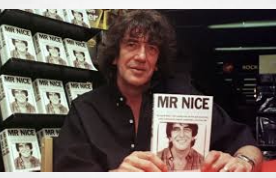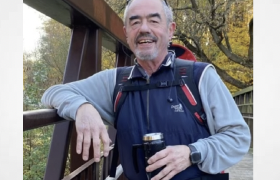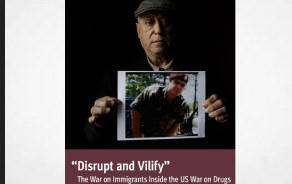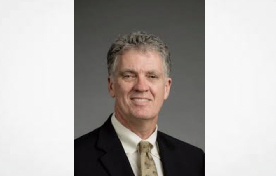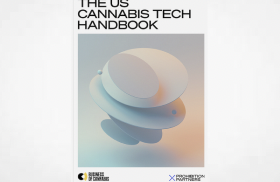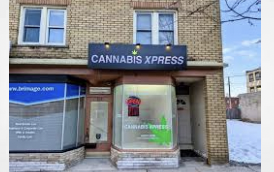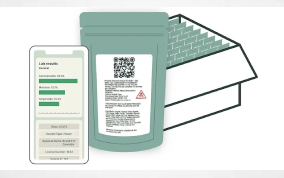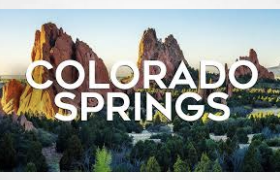Pakaloh LLC launched a new business platform for the cannabis, CBD, and hemp industry with free resources on cannabis banking and loans, Business Tutorials, jobs, networking, and discounts at partner companies. The platform is free to join, and the first to focus on empowering minority, women, or first-time business owners and other professionals to establish successful careers in cannabis.
“The travesty of our industry is that it augments the same injustices that we are now coming to terms with in the U.S. We’re a country where 3 families alone control more wealth than 50% of Americans, and the wealth gap is worse than it’s been in 50 years. People of color made the cannabis industry possible, but institutionalized racism means that Black and Brown communities have a radically different experience than white investors,” shared Pakaloh President, Rebecca Lee Katz.
In response, Pakaloh emerged as the first, free business resource for an inclusive cannabis, CBD, and hemp industry. Pakaloh offers three types of membership that are all free, and members may select as many as they choose. Membership is available to 1) “Individuals”, including new and established entrepreneurs and professionals, 2) “Providers of Products”, or plant-touching businesses, such as dispensaries and cultivators, and 3) “Providers of Services”, like legal, marketing, security and other ancillary services.
A woman of color (WOC)-owned company based in Los Angeles, Pakaloh provides its members a comprehensive suite of services, starting with free information and discounts at financial institutions like banks, lenders, and payment processors that work in cannabis. Pakaloh also features free Business Tutorials that cover a range of cannabis topics from accounting to agriculture. Partner companies also offer discounts for members to use on individual and bulk orders. Members network on the site by accessing directories and sending messages directly to each other. Lastly, Pakaloh curates information on activist organizations and events.
As with the rest of the country, the cannabis industry is lived differently based on the intersectionalities of race, class, gender, orientation, (dis)ability, and veteran status. By example, already wealthy, white, male individuals have amassed fortunes with roughly 74% of U.S. cannabis businesses owned by men and 81% by whites, according to a 2017 Marijuana Business Daily survey. After most states designated cannabis “essential” during COVID-19, private individuals, family funds, and pension funds plowed $2.6 billion into corporate cannabis, and multi-state operators posted record sales in the hundreds of millions. In contrast, Black and Brown communities face mass incarceration whereby African Americans are 4 times more likely nationally to be arrested for cannabis offenses than whites, while in states such as Kentucky and Montana, almost 10 times more likely, cited by a 2020 ACLU report.
For most entrepreneurs, the main obstacle to starting a cannabis business is the lack of access to traditional banking. It takes at least $300,000 to open a cannabis retail store, and up to millions of dollars for other cannabis enterprises, according to the 2019 Marijuana Business Factbook. Without traditional banking, most professionals finance their businesses through family wealth or personal contacts – 84% of U.S. cannabis companies are self-funded by founders and 22% capture additional funding through a Family and Friends Round, cited by that same report. In this system, minority entrepreneurs are at a disadvantage. U.S. median household net worth ranges from $171,000 for white families to $17,600 for African American, $20,700 for Latinx, and $64,800 for “Other,” based on a 2016 Federal Reserve Board survey. In addition, cannabis entrepreneurs must navigate onerous state and local regulations to obtain licensing. Low success rates stifle market entry and ensure that corporate, multi-state operators continue to saturate the cannabis space.
“Pakaloh imagines an industry where grit and skill alone determine your success. We are investing in individual and collective futures to engineer a diverse and inclusive industry. We are pledged to every community, by promoting sustainable businesses, generational wealth, unionized jobs, and a level playing field for every American,” Katz stated.


